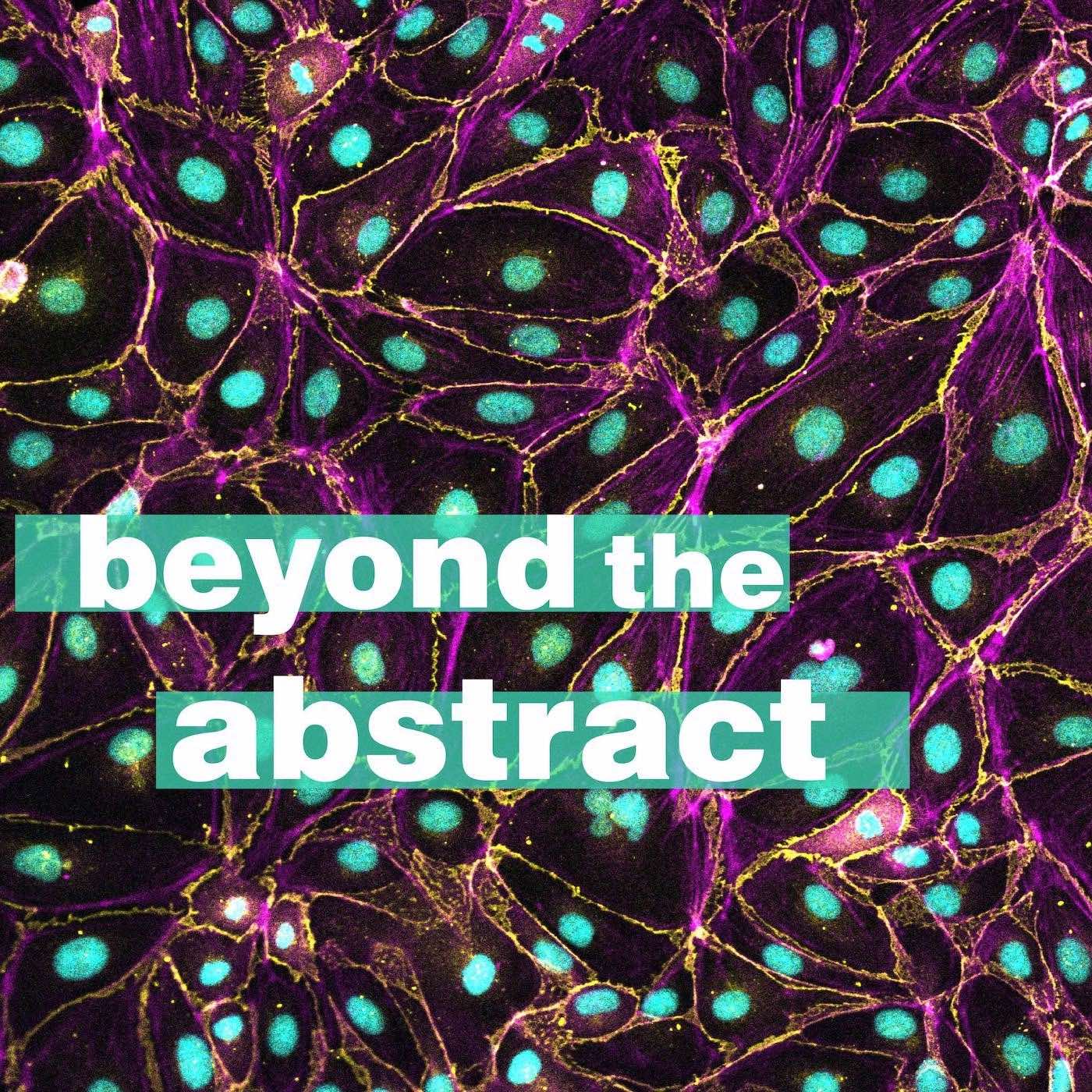The Placenta: Here for a Good Time, Not a Long Time
Description
Preeclampsia is a pregnancy disorder characterized by high blood pressure and contributes to significant fetal and maternal deaths. However, what exactly causes preeclampsia is unclear. It's thought that preeclampsia is caused by placental dysfunction - specifically, the ability of specialized fetal cells called trophoblasts to replace and remodel maternal blood vessels. In this episode of Beyond the Abstract, Derek and Dan discuss a new paper that describes how trophoblasts "mimic" blood vessels in order to establish the maternal-fetal connection in the placenta and how this process may go awry in preeclampsia.
Read more about this research in this blog post.
Sung et al. VE-cadherin enables trophoblast endovascular invasion and spiral artery remodeling during placental development. eLife, April 2022. DOI: 10.7554/eLife.77241
The information presented here is not medical advice. Consult your physician on any questions regarding your personal health.
More Episodes
Thousands of patients in the US die every year waiting for an organ transplant, often because there are not enough human organ donors. Xenotransplantation — transplantation from another species to humans — could solve this problem, but has remained the realm of science fiction given many...
Published 04/08/24
Published 04/08/24
While almost all women experience nausea and vomiting during pregnancy, few are debilitated by severe symptoms: a condition known as hyperemesis gravidarum (HG). HG has been stigmatized and neglected by the biomedical community, with limited research funding for developing effective treatments....
Published 02/27/24


